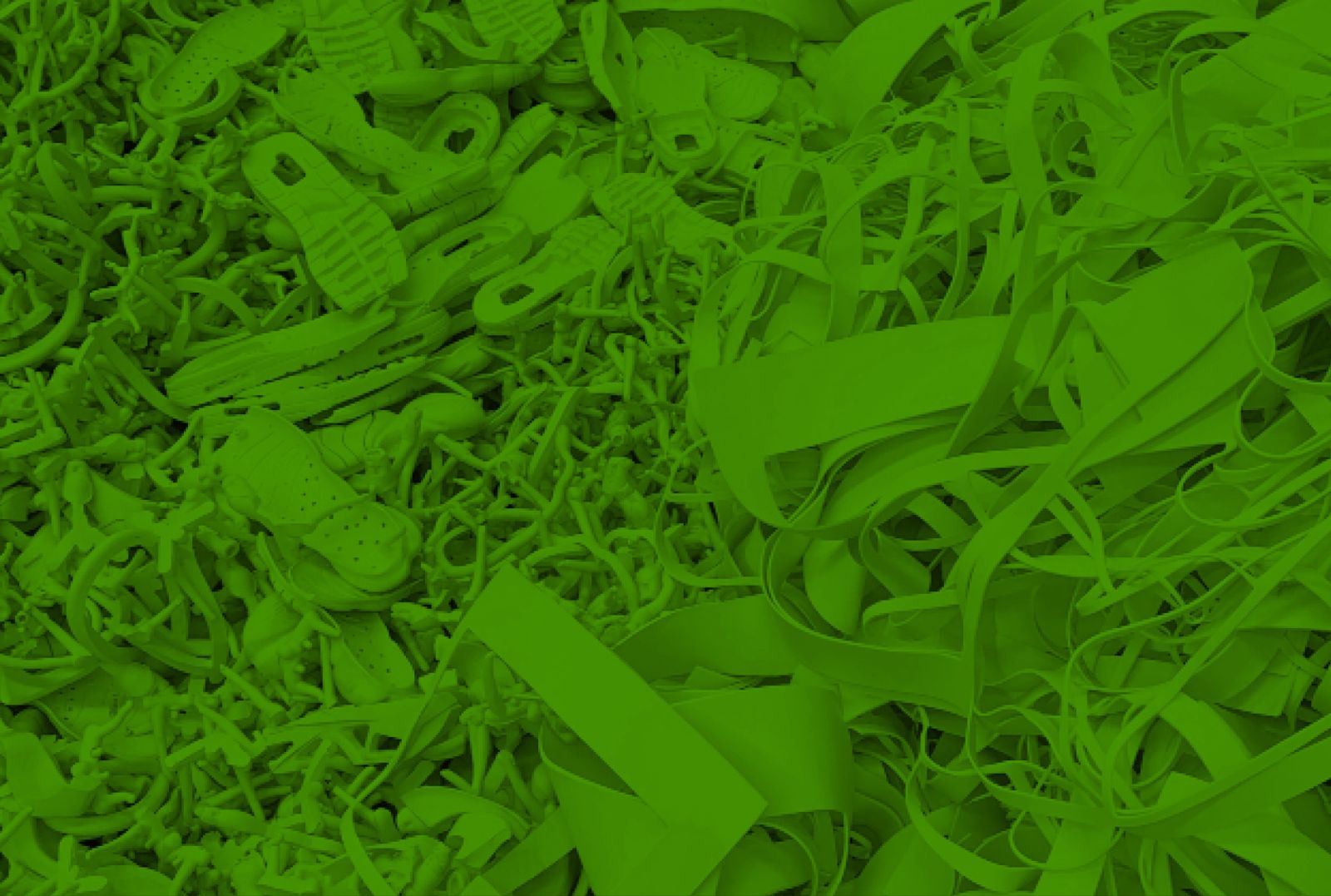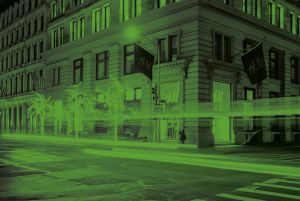Monthly Tonic - Issue 07
Being sustainable is no longer a ‘nice to have’, it must now be the foundation that every business builds upon and those businesses with a physical retail presence are uniquely placed to raise awareness, educate people of the issues and inspire people to take action.
Hi there,
As the first shoots of spring start to emerge, it feels great to start making some solid plans and to look further ahead into the future. At the studio we are noticing the same mindset reflected amongst our friends working in the world of retail. Refreshingly, life is no longer about reacting to the day to day chaos that the Covid-19 pandemic inflicted, but more about building retail strategies for the future.
Given the slowdown of the last year everyone’s to-do lists are understandably long. Nonetheless, it is now the time for us all to prioritise the need to be more sustainable, to build a more robust world for ourselves and future generations. At Quinine we have been researching how we can do this and how the topic of sustainability impacts retail.
Below I have pulled together links to some articles that focus on some of the things people around the world are doing, in a bid to become more sustainable.
One big idea achieved by small changes
As
we worked through our research, it struck us that both as individuals
and businesses we need to re-frame our understanding of sustainability.
Sustainability is a process rather than a singular goal. We learnt in this article on the Green Journal website,
that as well as searching for that one big sustainable intervention, we
must also incrementally improve our impact on a small-scale, daily
basis. This is something Do Nation, an amazing online platform
champions, and has encouraged me to take shorter showers in the
morning. That said, it’s also great to see how far-reaching and
impactful the initiatives being put in place by big businesses are. If
you explore Disney’s response to environmental sustainability here, you’ll see it's pretty comprehensive.
Brands leveraging their real estate
The positive impact that brands can have, not just on their own business, but also in their local communities is significant. This recent article
on the IKEA store in Adelaide is a great example. The store doubles as a
power station that feeds into the South Australian power grid. The
rooftop solar installation powers the store and its operations as well
as generating clean and low-cost energy for the Adelaide community.
CleanTechnica’s article
gives a broader view of IKEA’s €2.8bn investment in their renewable
energy infrastructure, which saw the retailer add one million solar
panels to 370 stores and warehouses, build 535 wind turbines and two
solar parks in 2019, in their quest to become climate positive by 2030.
A new type of currency
We love Miniwiz's retail concept
in Sardinia. Customers earn credit when they return used plastic goods
such as drinks bottles and coffee cups. With this credit they can buy
goods made from the recycled material. It’s not just a brilliant
micro-example of a circular economy, but also a powerful way to raise
awareness and educate consumers about the challenges we face.
Hold yourself accountable
As
with most things, the fastest way to drive change is to link action to
financial gain. Interestingly many businesses, especially high end
fashion houses, are volunteering themselves into funding models and
financial obligations that relate directly back to their sustainability
targets and goals. Frame’s write up
highlights the growth of this trend, which has been reinforced by the
value customers place on brands being more ‘responsible stewards’ of the
environment.
Carbon offset – vs – Carbon inset
Many
businesses look to offset their environmental impact by funding tree
planting or building renewable energy projects. These type of
initiatives are often criticised and considered no more than
green-washing. The argument is that planting trees does not address the
local impact made, let’s say, by the highly polluting trucks delivering
clothes to a retail store. One alternative laid out in this article in the Guardian, integrates these initiatives directly into a business’ supply chain.
Partnerships and collaboration
It’s
really refreshing to see how many businesses are coming together to
share knowledge and experience in the name of sustainability. A great
example of this is the Beyond the Bag initiative which brings retailers, environmental and design groups together, to understand how the retail shopping bag might be reinvented.
Taking a deeper dive into this topic, we are writing our own article on the topic and will share this with you in the coming weeks. The article will examine why sustainability matters to retailers, and will include a practical guide outlining strategies that retailers can deploy to become more sustainable.
It’s a hugely interesting topic and one that we must all start to embrace, if we’re not doing so already.
Enjoy the read and feel free to get in touch if you'd like to discuss further.
Kind regards
Quinine
In Quinine's ‘Monthly Tonic' newsletter, we share the key articles, reports and research studies that are driving the conversations we are having here in the studio. Each newsletter is based around a single theme that extends beyond retail to explore broader social and cultural influences shaping the changing world around us. We share a range of insights, perspectives and points of view that are positively impacting the direction we are heading and the discussions we are having with our clients. The following newsletter was shared with all our friends, clients and Quinine community members. If you would like to receive our next issue, please sign up here!


